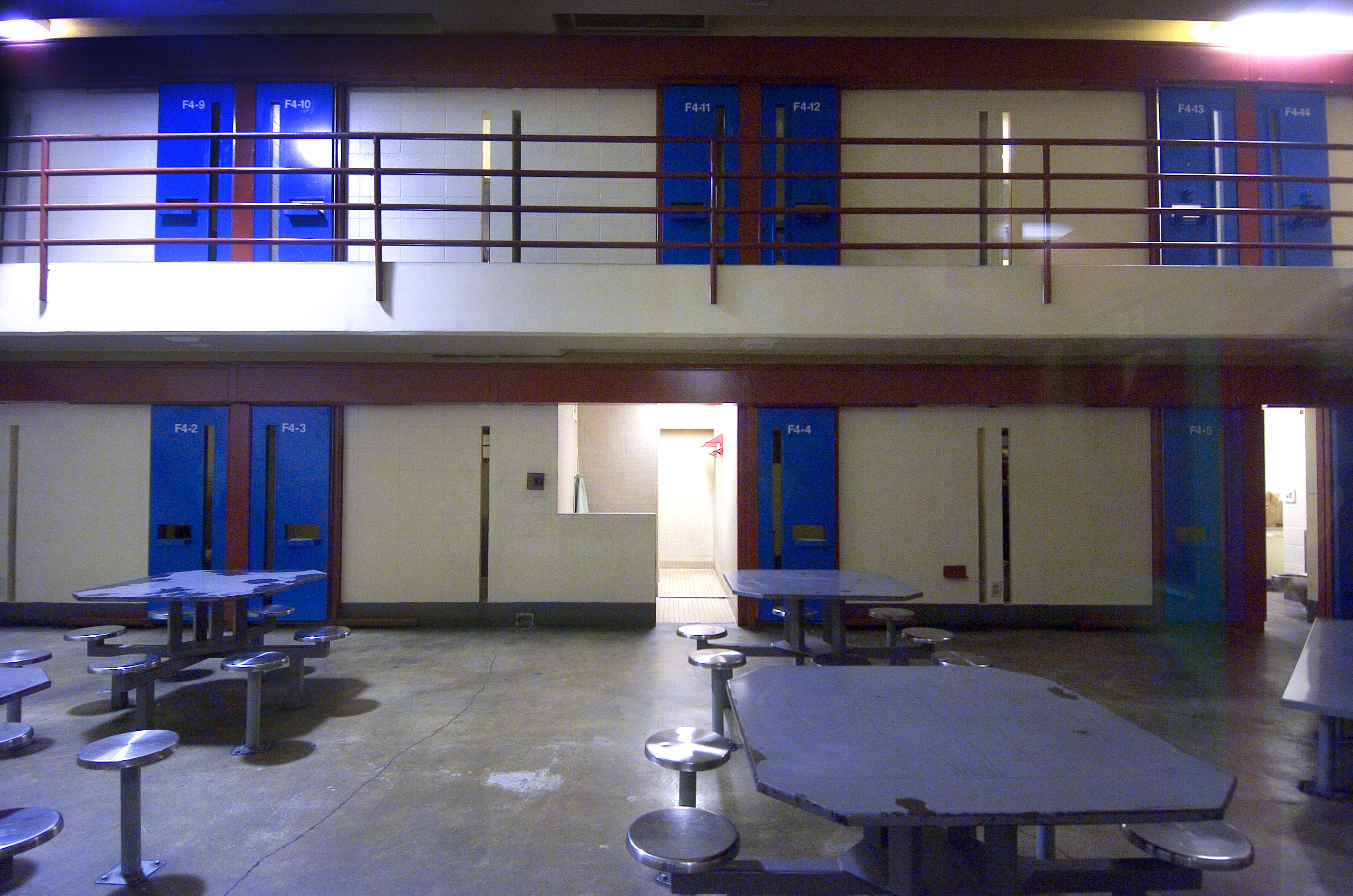In the months since August’s primary election, the Clark County Jail and other county jails in the state have done more to help inmates register to vote and increase access to the ballot following a dim audit from a state watchdog.
Jail Chief Ric Bishop said he contacted Clark County Auditor Greg Kimsey and worked to update the jail’s policies after Disability Rights Washington published a report admonishing the state’s jails for lack of voting access.
Now, inmates can register at the jail, and the auditor’s office helps confirm who’s eligible, and inmates can get replacement ballots at the jail or use ballots from home, Bishop said.
Bishop conceded the issue was a bit of blind spot for him.
“Like most people, it was my impression that felons lost their right to vote, and that’s not the case,” he said.
That mirrors what the organization has heard from around the state, said David Carlson, the director of legal advocacy for Disability Rights Washington.
“Generally, what I’ve been hearing from folks is, ‘Yes, thanks for letting us know. We hadn’t really thought of that,’ ” he said.
After sending monitors to all the state’s county jails this spring, the federally mandated watchdog group found only a handful with any formal policies regarding inmate voting.
Jail inmates may be awaiting trial or they might have been sentenced for misdemeanors or gross misdemeanors, but none of those conditions preclude their right to vote.
Moreover, not every jail inmate has a past felony conviction, and even those who do may still be eligible. In Washington, felons lose the right to vote upon conviction, but they may re-register to vote once they’ve completed all the terms of their sentence.
Disability Rights Washington’s mandate is to act as a public monitor and advocate on behalf of people with mental illnesses or disabilities.
The Department of Justice estimates about four out of 10 jail inmates have some kind of disability. In part because the general lack of voting access in jail has the side effect of disenfranchising disabled voters, Disability Rights Washington increasingly monitors the state’s jails and prisons as well.
Most jails do nothing to facilitate voting, Disability Rights Washington said. Fewer make accommodations for disabled voters. Of the few jails with voting policies, many of the staff and administrators didn’t know about them when contacted by the group’s monitors.
For the most part, jails simply overlook it, the organization said. Island County, when questioned about its voting access, quickly moved to improve access to registration and voting resources.
Carlson said Thurston, Pierce, King and Spokane are among counties that have made — or are starting to make — changes.
Disability Rights Washington reported that many jail staffers said no inmate has ever brought up voting, but since so few people seem to understand that inmates can vote, “it’s not surprising the average person who happens to be in jail during an election period may not know he or she can vote while in jail.”
Kimsey said setting up registering and voting for the jail was relatively simple.
His office helped outline the overall process, checked some minor procedural changes at the jail and supplied a stack of blank registration sheets.
“Kind of surprising it hasn’t happened before, frankly,” Kimsey said, adding whether their charges are registered to vote might not always be at the forefront of corrections officers’ minds.
“For our side, we treat them like anyone else who is eligible to register to vote.”
Bishop wasn’t so sure about what rehabilitative benefits civic involvement might offer. There have been, maybe, a half-dozen registrations at the jail in the past few weeks, he said.
The jail occasionally hears from grateful inmates who have successfully completed its re-entry program, he said, but no one has mentioned how much they appreciate exercising the franchise.
“It’s definitely being part of the community,” he said. “I don’t know what kind of impact it has.”
Often, get-out-the-vote activism focuses on how to get people registered or how to help them vote, Carlson said.
Jails, he said, are an easy fix.
“Here, a lot of people have voted before, they just don’t happen to have access to their ballot right then and there,” he said. “I think that’s really all it takes … the corrections experts talk to the voting experts and you figure out a plan for your jail.”




